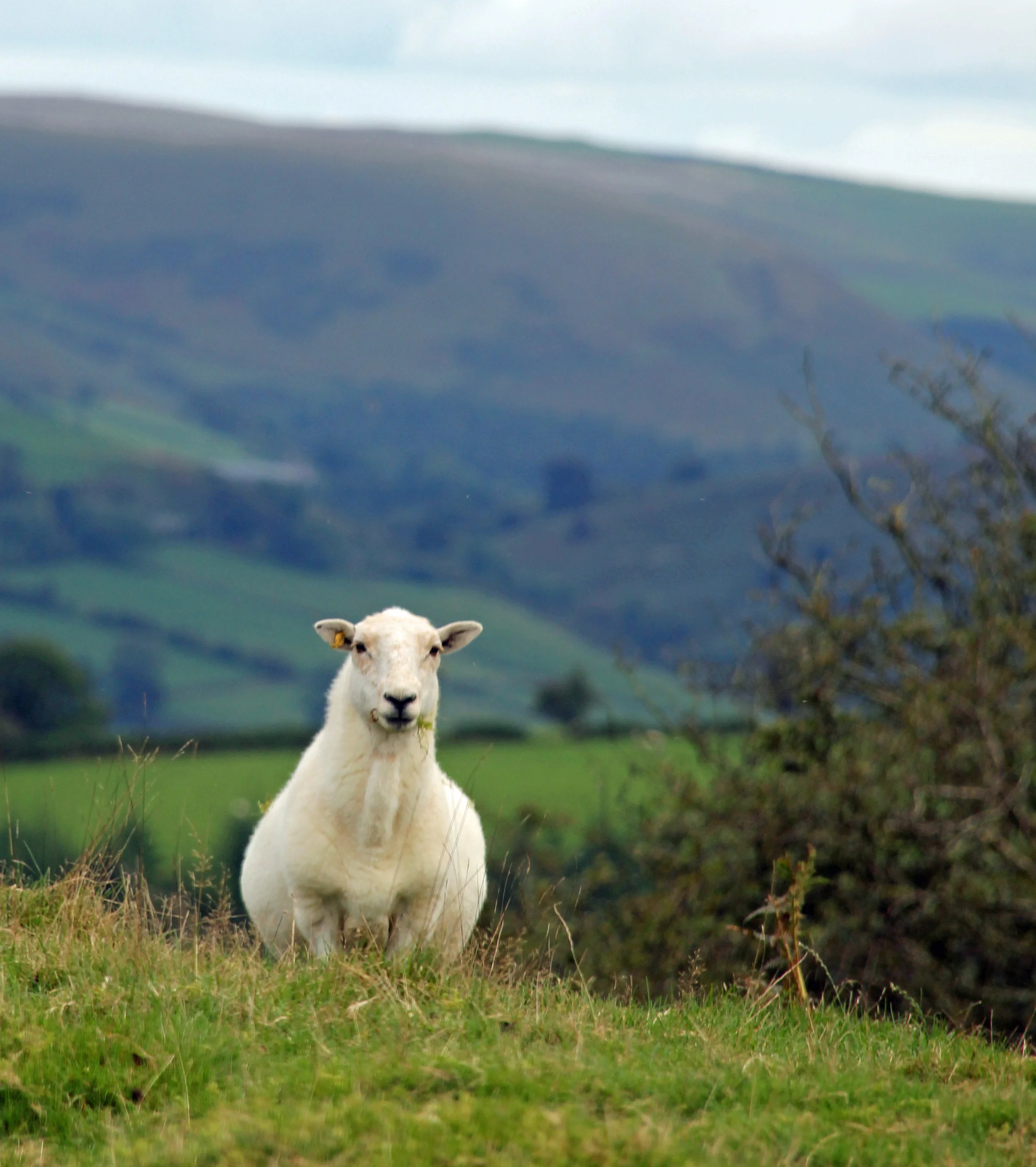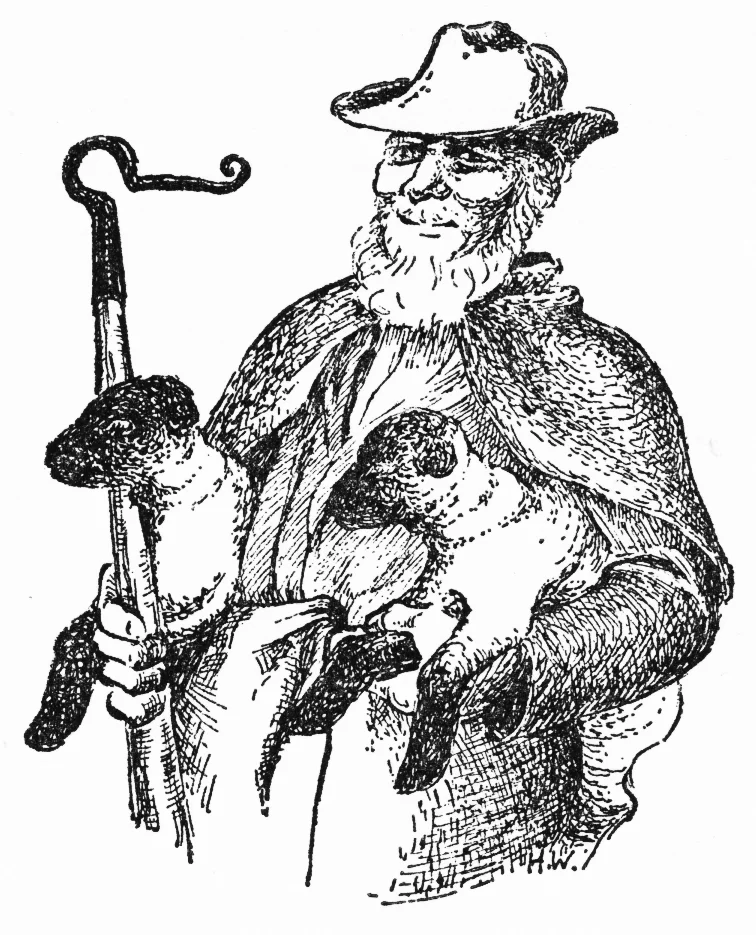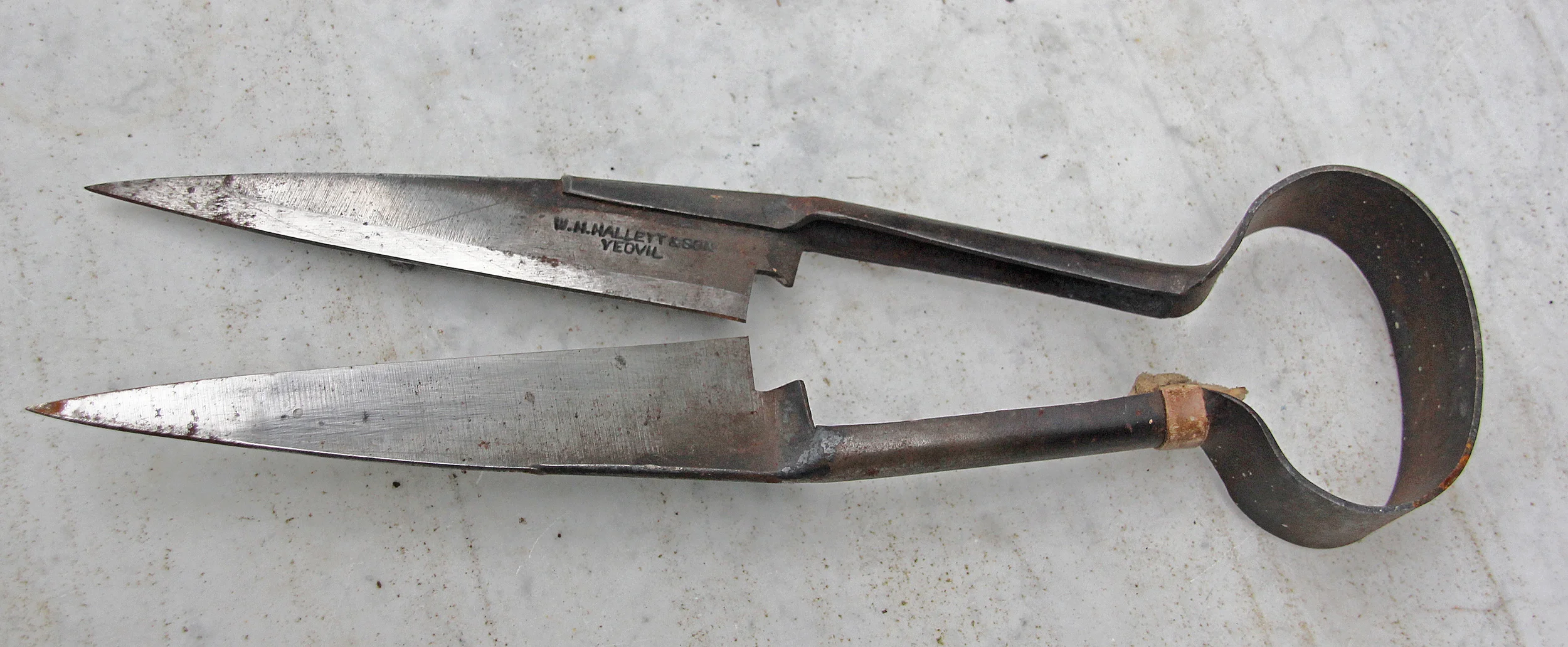Managing Mutton
Managing mutton depends largely on the skill and experience of the shepherd, who in the UK over hundreds of years became a trusted and valuable worker on the farm.
Managing mutton depends largely on the skill and experience of the shepherd, who, in the UK, over hundreds of years became a most trusted and valuable worker on the farm.
The Shepherd
There is something rather special about shepherds, unlike any other branch of farming. Since Biblical times they have been idealised in the communal psyche. Writers over the centuries have romanticised the bucolic nature of the shepherd’s life. Shakespeare saw the connection between the apparently innocent and carefree life of the shepherd and the world-weary life of danger and intrigue lived by kings, in Henry VI part III:
Gives not the hawthorn bush a sweeter shade
To shepherds, looking on their silly sheep,
Than doth a rich embroidered canopy
To kings that fear their subjects’ treachery?
O, yes, it doth; a thousand-fold it doth.
And to conclude – the shepherd’s homely curds,
His cold, thin drink out of his leather bottle,
His wonted sleep under a fresh tree’s shade,
All which secure and sweetly he enjoys,
Is far beyond a prince’s delicates,
His viands sparkling in a golden cup,
His body couched in curious bed,
When care, mistrust, and treason wait on him.
Shepherds were often considered to be slightly apart from the rest of the community: by the nature of their work, they lived solitary lives. W.H. Hudson recorded a conversation with a shepherd in 1910. ‘It is lonesome with the flock on the downs; more so in the cold and wet weather, when you perhaps don’t see a person all day – on some days not even at a distance, much less to speak to.’
Indeed, when shepherds died, they were often buried with a piece of lamb’s wool between their fingers – to explain why, as a shepherd, they had been unable to regularly attend church services – the needs of their sheep being always paramount.
“Oh Lord, why did you make Cwm Pennat so beautiful,
And the life of the old shepherd so short?”
Hand shears
Shearing
Historically, the annual sheep-shearing was probably the most important activity in the sheep farmers’ calendar. This practical necessity was also a big social event and the skill of the farmer’s wife was to cater for the greatly increased numbers of people working on the farm. Hand-shears were used until around the 1960s, and bigger flocks would require 15 to 20 men shearing on benches. A couple more men (the ‘carriers’) would bring in sheep to be shorn and take away those which were finished. Others would mark the shorn sheep with pitch, to identify the home of each animal. This was done with a recognisable identification mark, or initials, so farmers could readily find their sheep should they stray from home. The ‘floor-man’ had to keep the floor tidy and consequently the fleeces clean and look after any accidental injuries or cuts. He also distributed drink, usually cider, as well as tobacco and cigarettes amongst the workmen. The accounts of the Abbey-cwm-hir Estate in mid-Wales regularly showed purchases of cider through the summer months, 195 gallons at a time!
In 1898 Rider Haggard described a typical shearing day. ‘The operator begins the task in the region of the belly, working gradually round towards her back until it is necessary to turn the animal on her side, when he ties the fore and hind leg together with a thin cord. In the case of old and experienced ewes I am sure that they understand what is happening to them, as they look quite contented and struggle little – indeed the shearers say this is so. The moment that the thing is done – which seems to prove it – they spring up with blitheness, and, rushing from the barn, begin to bite hungrily at the grass outside.’
Knill farm, Herefordshire, shearing 1908 (with thanks to Josephine Clarke)
“By my Christendom,
So I were out of prison, and kept sheep,
I should be merry as the day is long.’”



